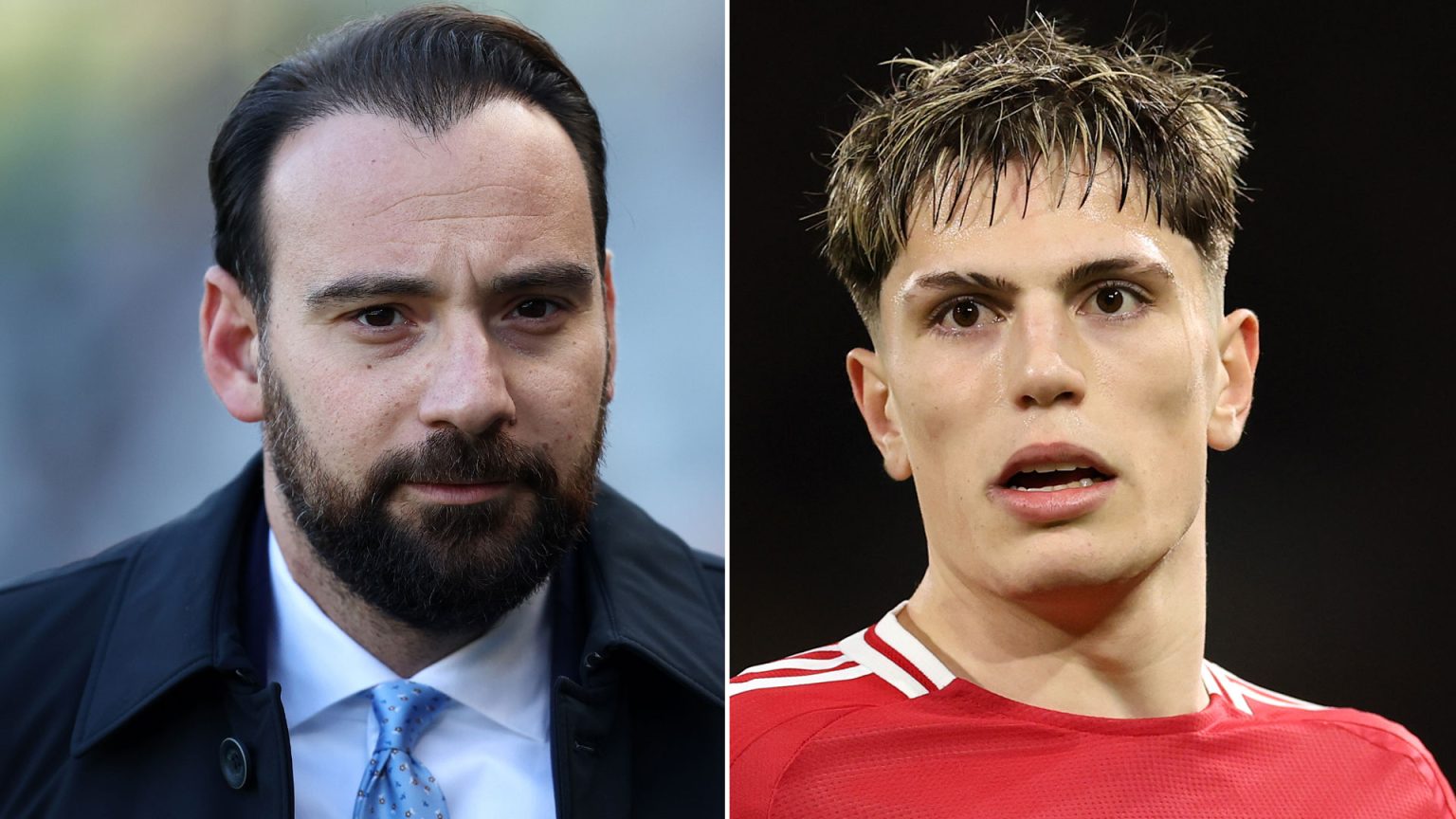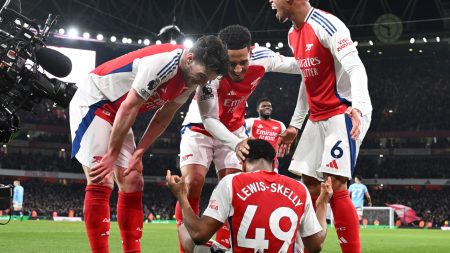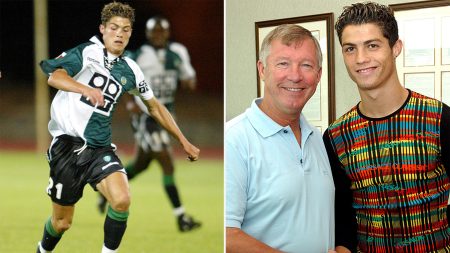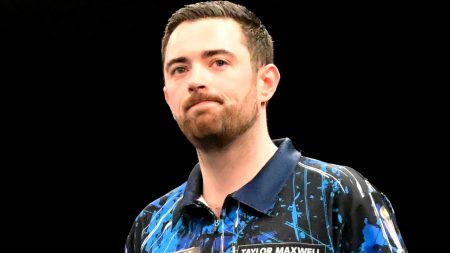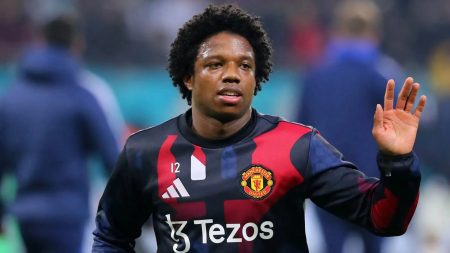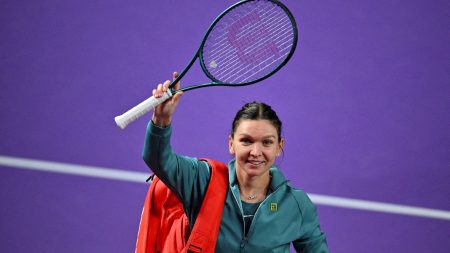Alejandro Garnacho’s potential transfer from Manchester United to Napoli during the winter transfer window ultimately collapsed due to the young player’s financial demands, according to Napoli’s sporting director, Giovanni Manna. While Napoli was actively seeking a replacement for their departed star Khvicha Kvaratskhelia, who had moved to Paris Saint-Germain, their pursuit of Garnacho hit a snag over salary expectations. Manna revealed that Garnacho was keen on leaving the Premier League in January and sought a financially lucrative deal, a demand that Napoli was unwilling to meet. The club felt that acceding to such demands would disrupt the existing salary structure within the team and create unfairness amongst players, especially considering Garnacho’s relatively young age and less established status compared to other contributing members of the squad.
Napoli’s interest in Garnacho predated Kvaratskhelia’s departure, and they had engaged in discussions and meetings with the player, even presenting a substantial offer to Manchester United. Manna emphasized their genuine desire to secure the Argentine winger’s services, but the financial aspect proved to be insurmountable. He underscored the club’s philosophy of maintaining a balanced and equitable salary structure within the dressing room, preferring to avoid creating significant disparities, particularly when introducing a younger player. This approach, he argued, fostered team unity and ensured fairness among players who had demonstrated consistent commitment and performance.
The failed transfer underscores Napoli’s broader transfer strategy, which prioritizes acquiring players who are both talented and financially reasonable. Manna contrasted their approach with that of other clubs who might be willing to offer exorbitant salaries and commissions to free agents, a practice Napoli eschews. He emphasized the importance of securing players who fit within the team’s structure, both in terms of playing style and financial expectations. This pragmatic approach, he suggested, has contributed to Napoli’s competitive standing and success.
Napoli’s transfer dealings also highlight their willingness to consider players of varying ages and experience levels. While they were keen on securing young talents like Patrick Dorgu, they ultimately lost out to Manchester United, who presented a more compelling financial offer. Manna acknowledged the difficulty of competing with clubs willing to make “outside the market” offers, illustrating the challenges faced by clubs like Napoli in the current transfer market landscape. Their focus remains on acquiring players who are deemed “strong” and “functional,” with young prospects being a bonus rather than a prerequisite.
The club’s approach to transfers reflects a commitment to building a sustainable and competitive squad. Manna highlighted examples of successful acquisitions, including both young talents and established players, emphasizing their strategic approach to squad building. He reiterated their preference for players who fit their system and contribute positively to the team dynamic. The failed Garnacho pursuit, though disappointing, did not deter Manna, who expressed confidence in the existing squad and their ability to achieve their objectives.
Looking ahead, Manna expressed optimism about the future and emphasized the importance of maintaining focus on the team’s goals, particularly their Champions League ambitions. He acknowledged the unexpected success Napoli had achieved and praised the collective effort of the team and coaching staff. Despite the setback with Garnacho, Manna remained confident in Napoli’s ability to navigate the transfer market effectively and continue their strong performance. He reaffirmed their commitment to a sustainable and balanced approach to squad building, prioritizing both talent and financial responsibility.





